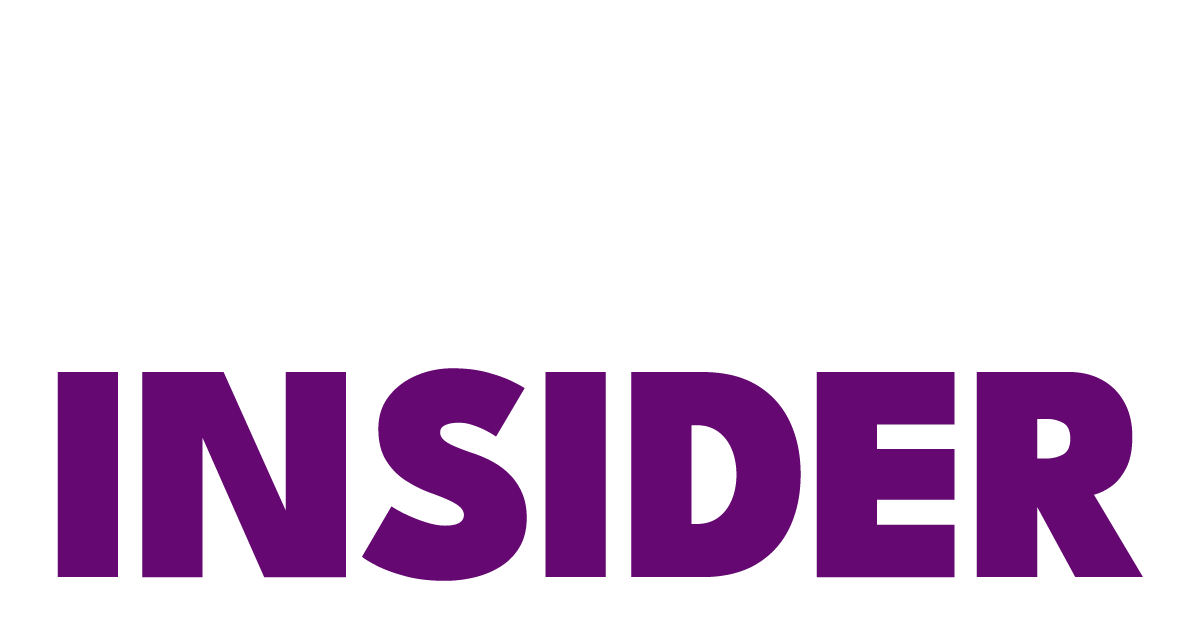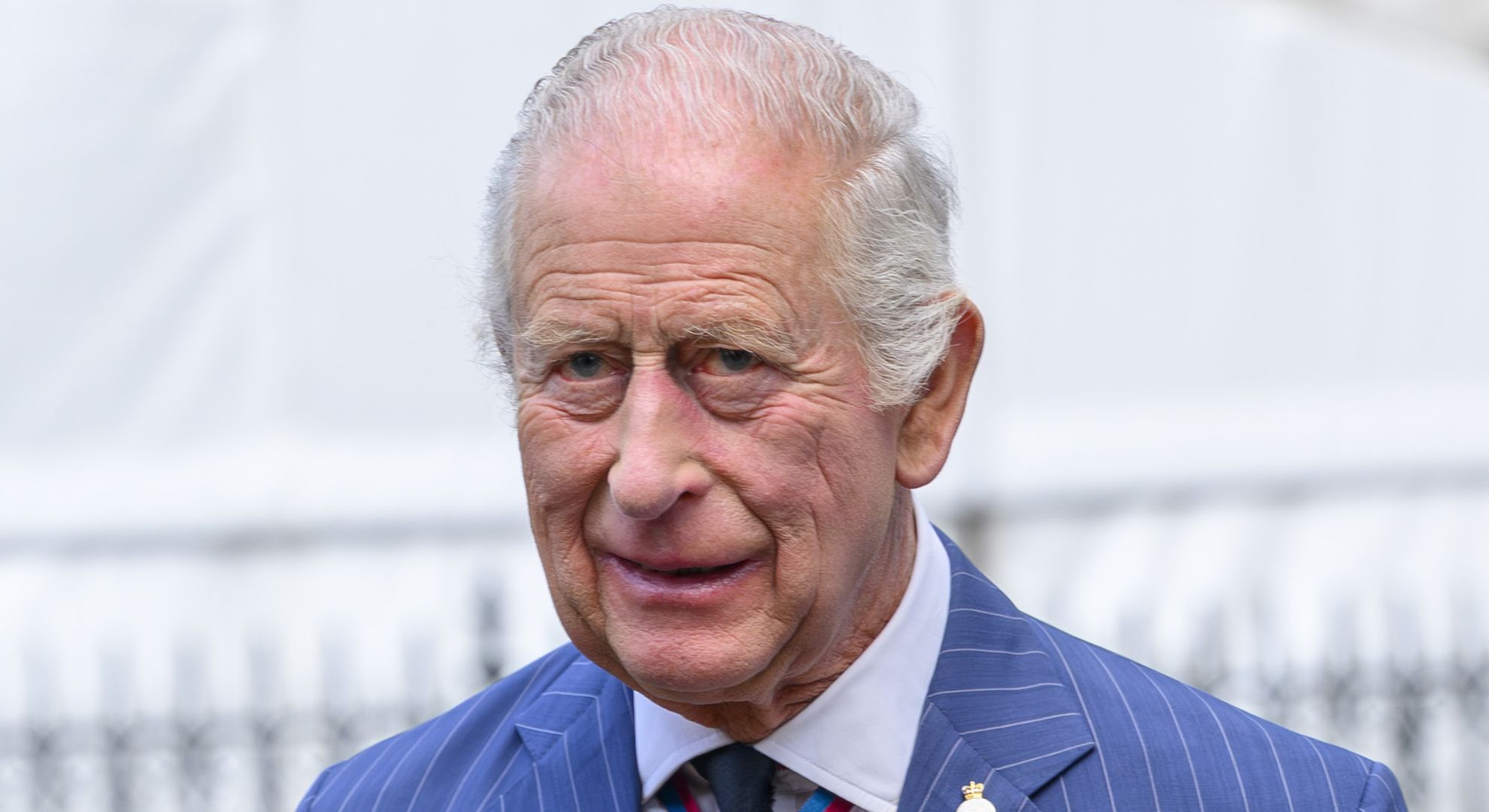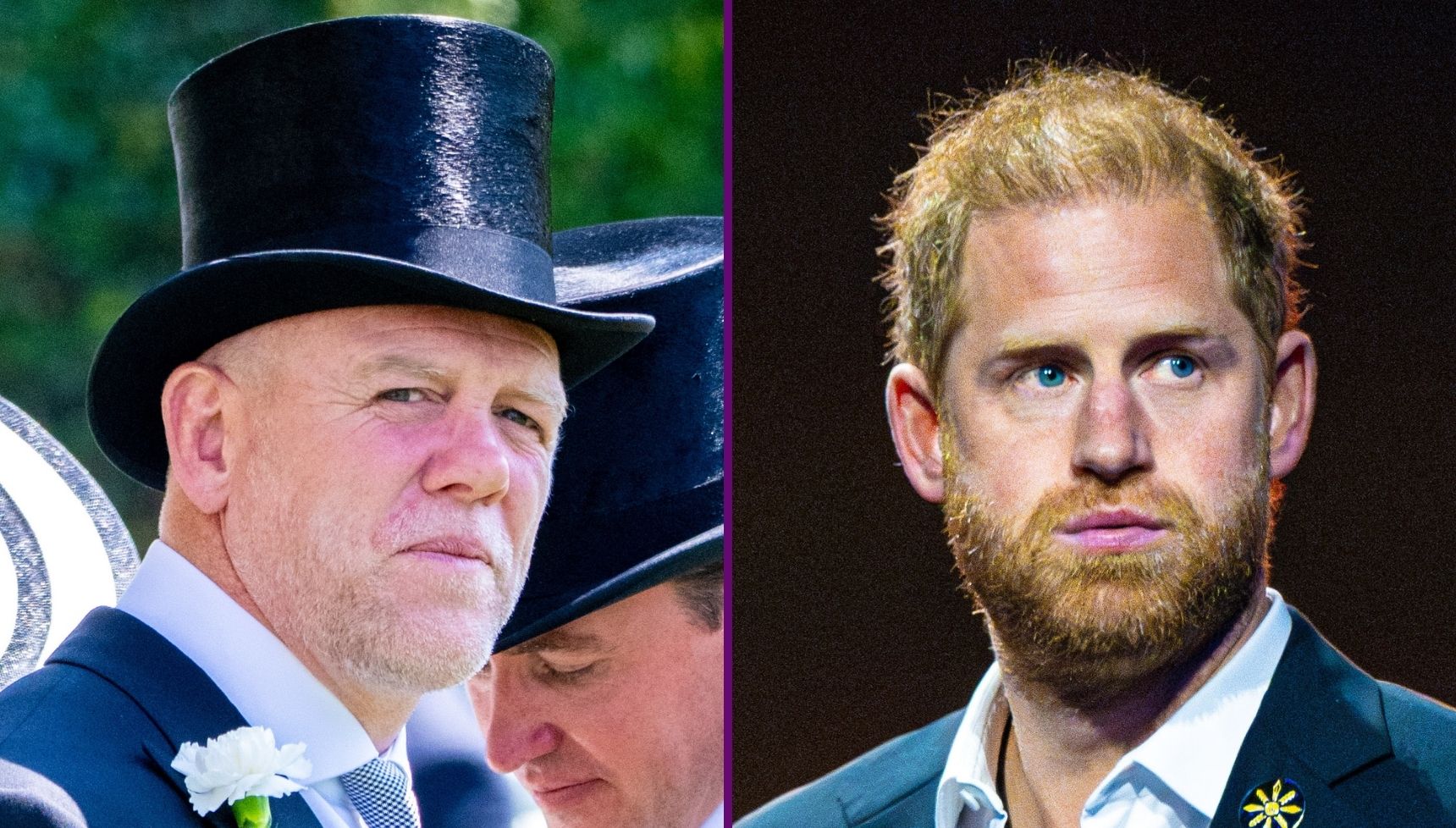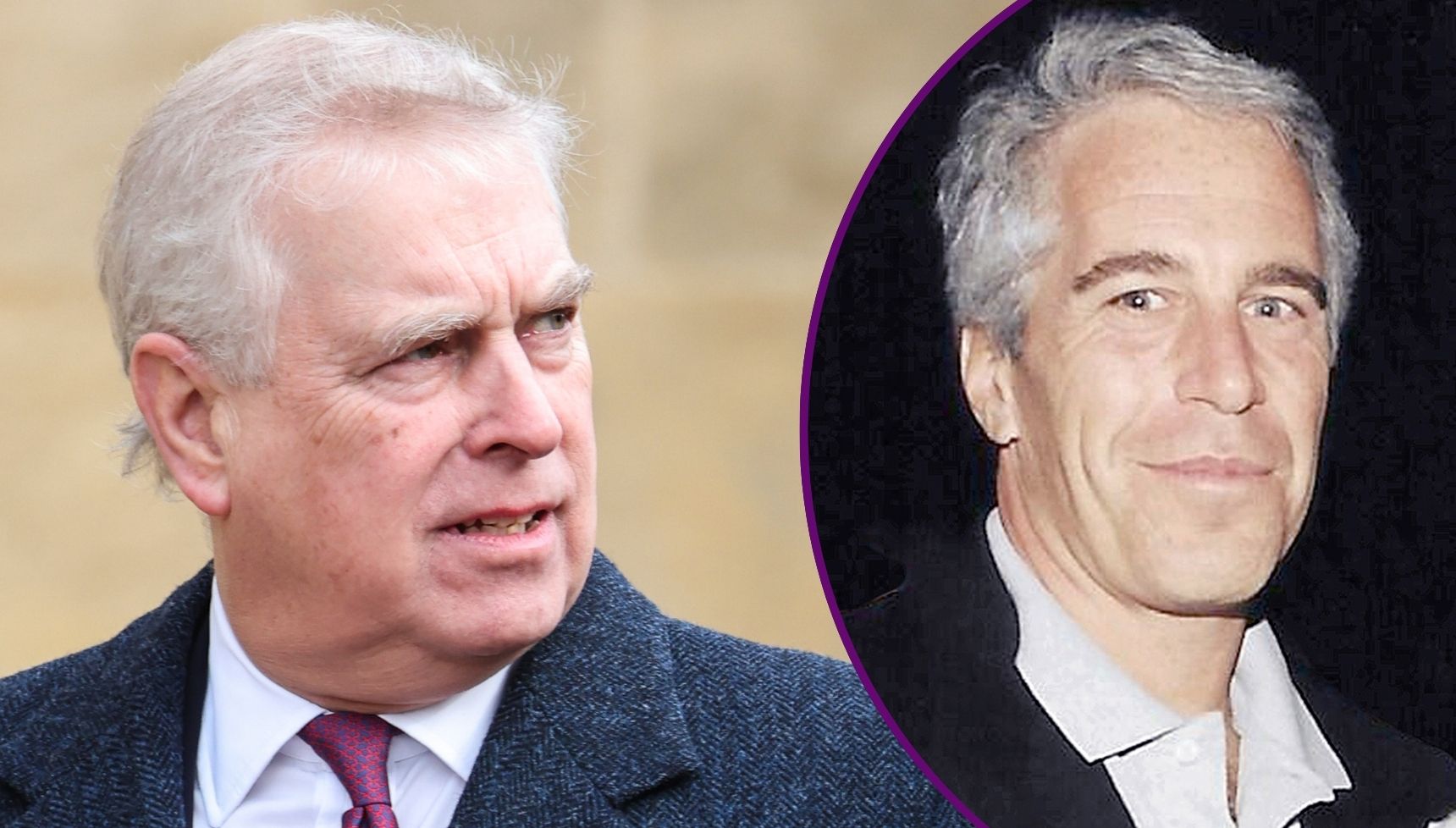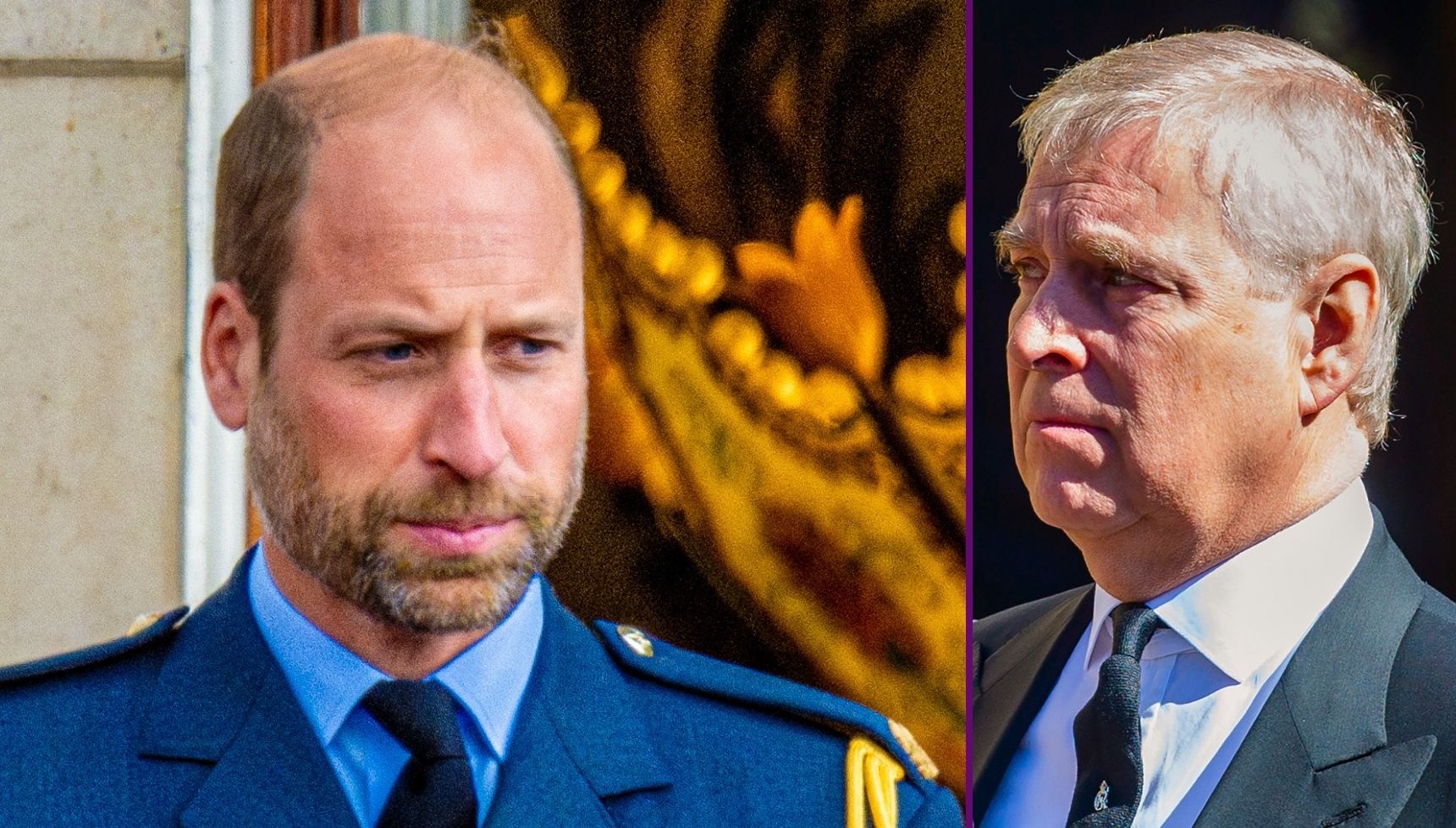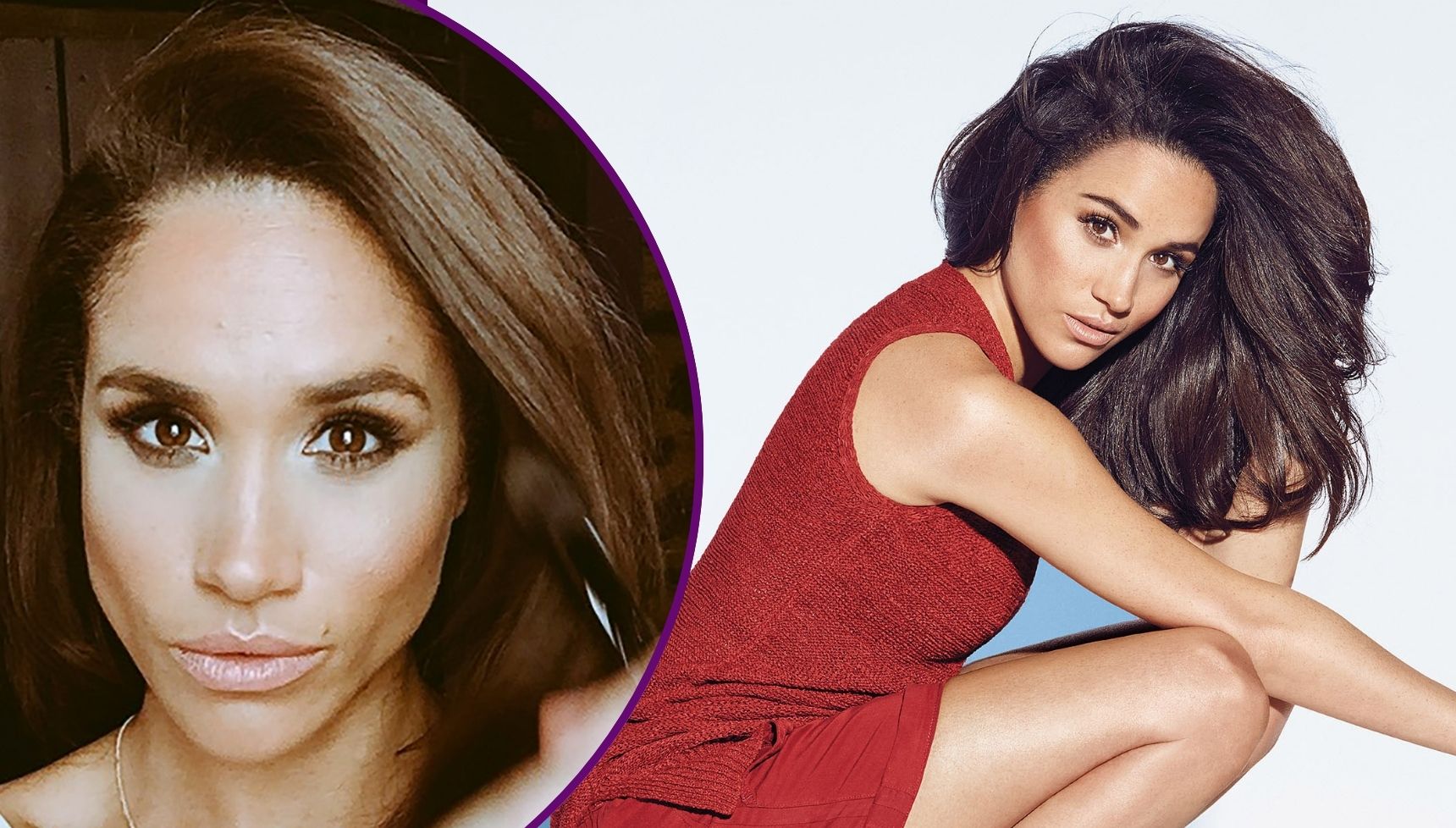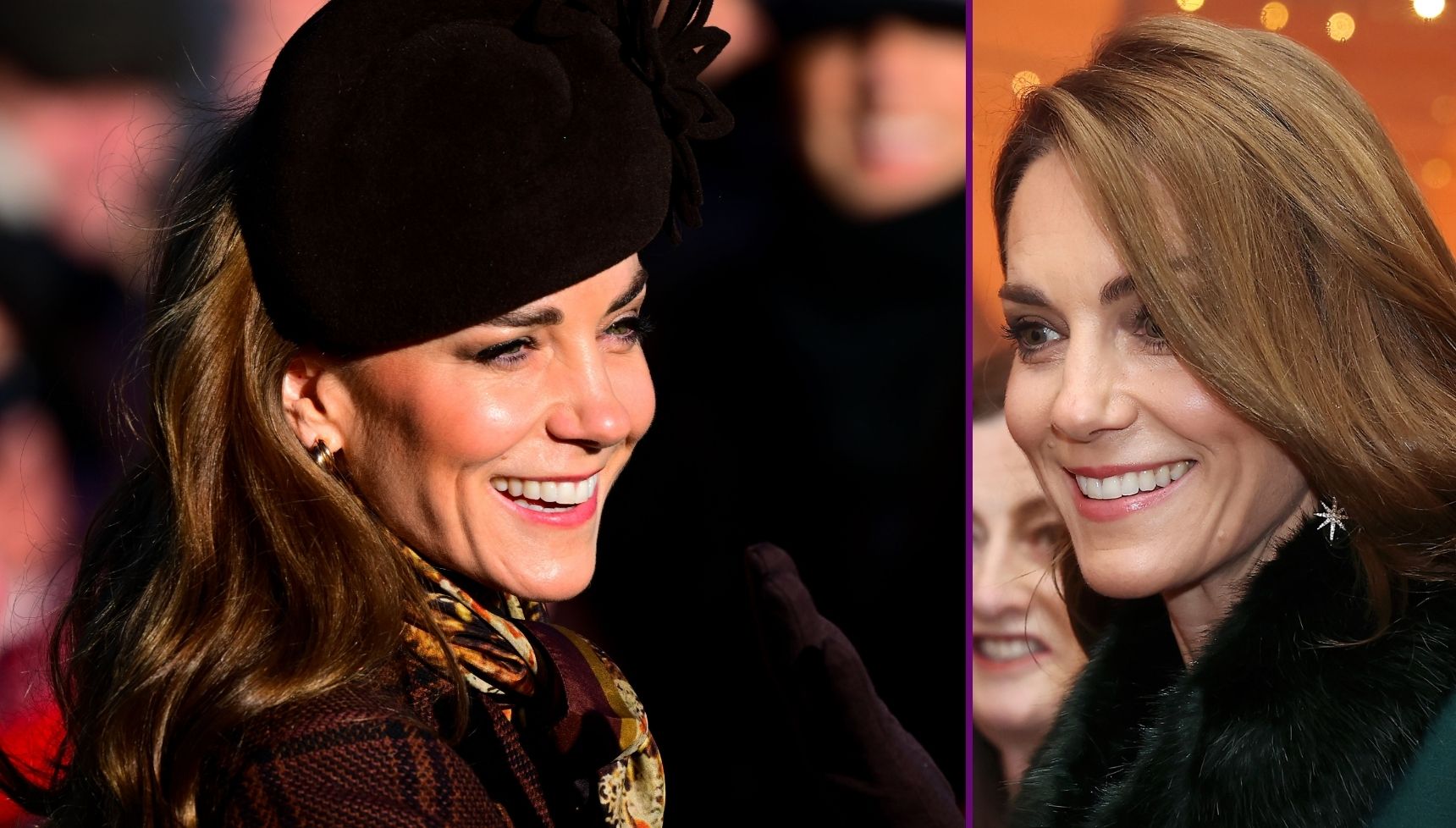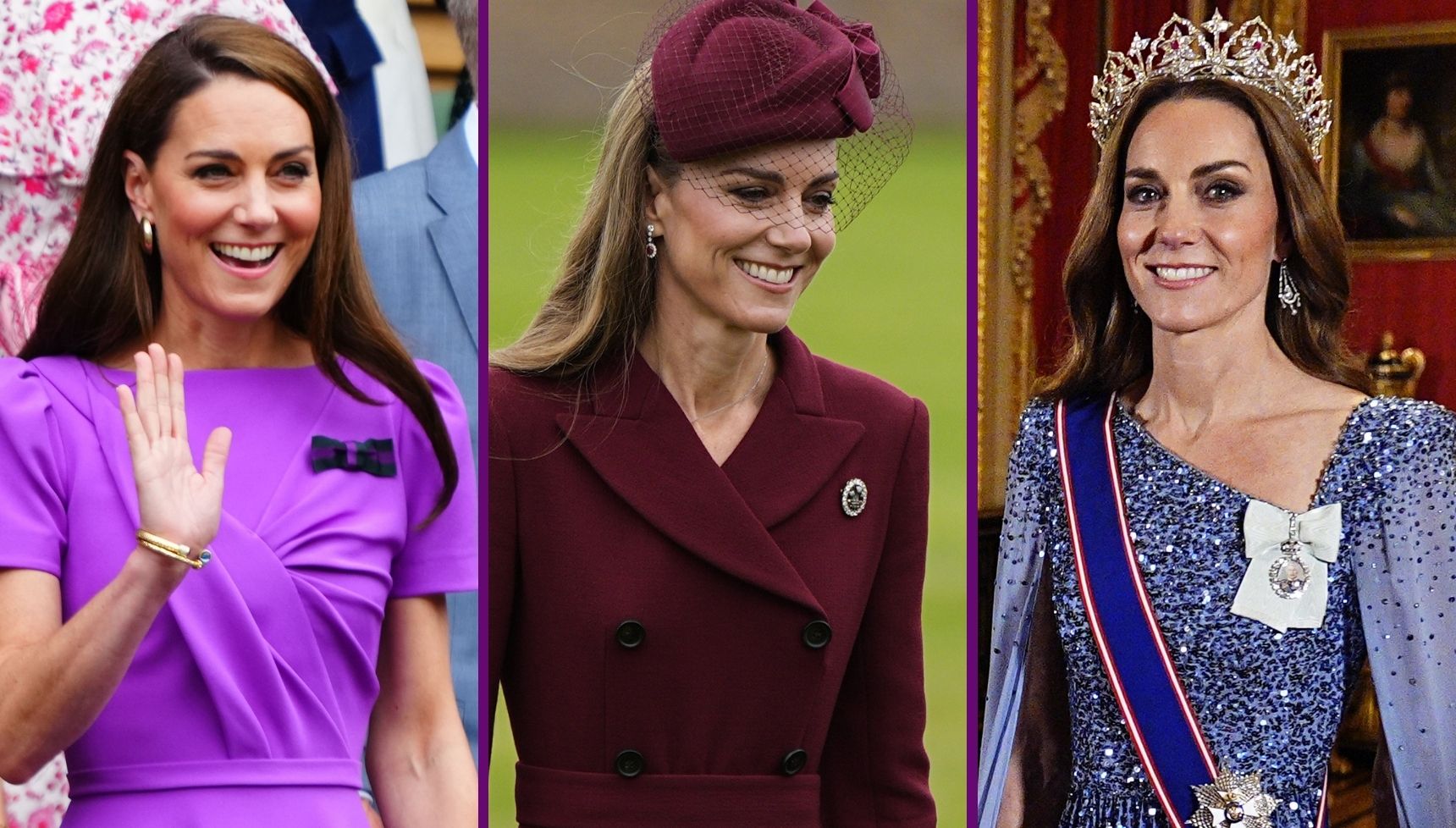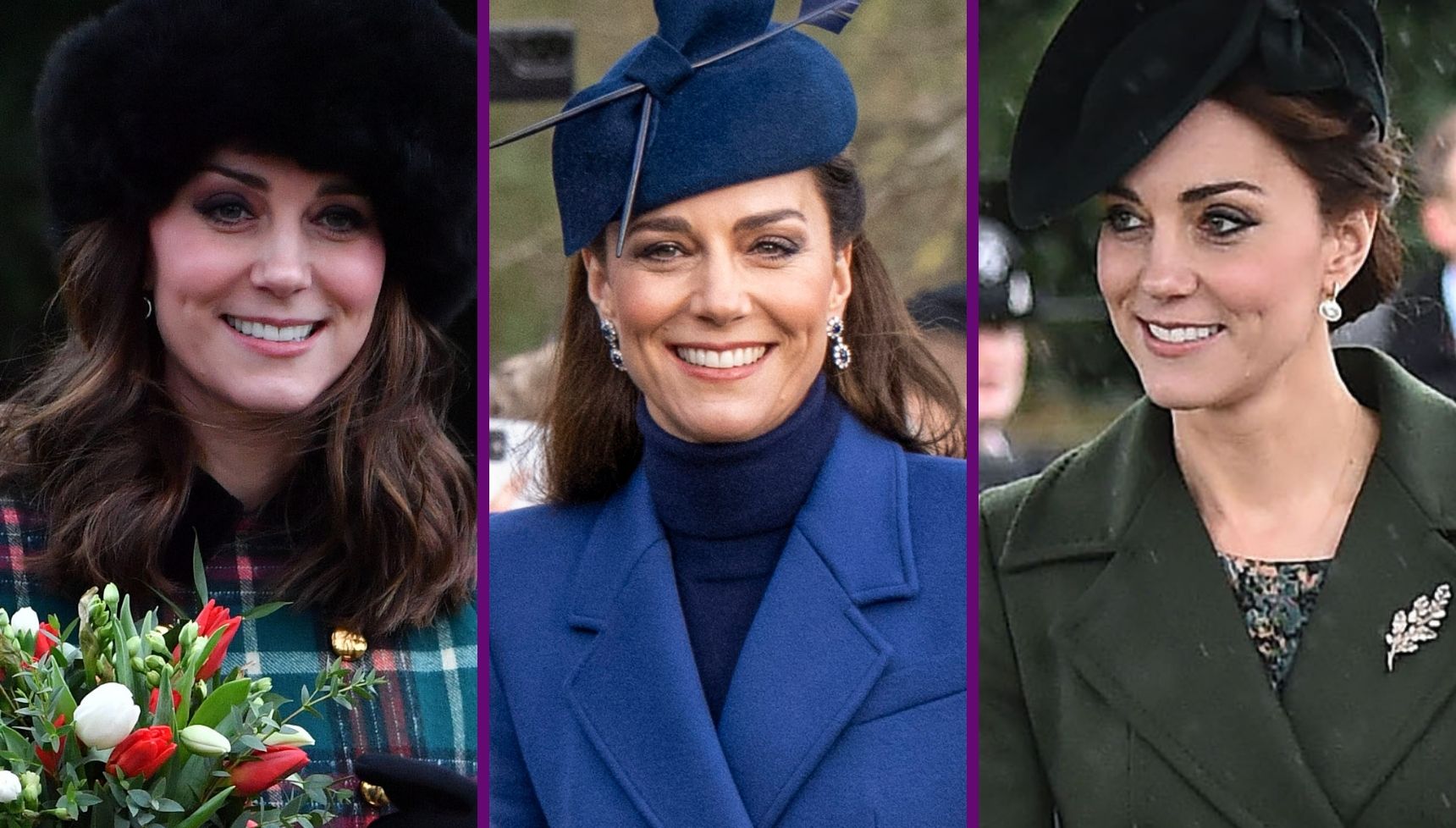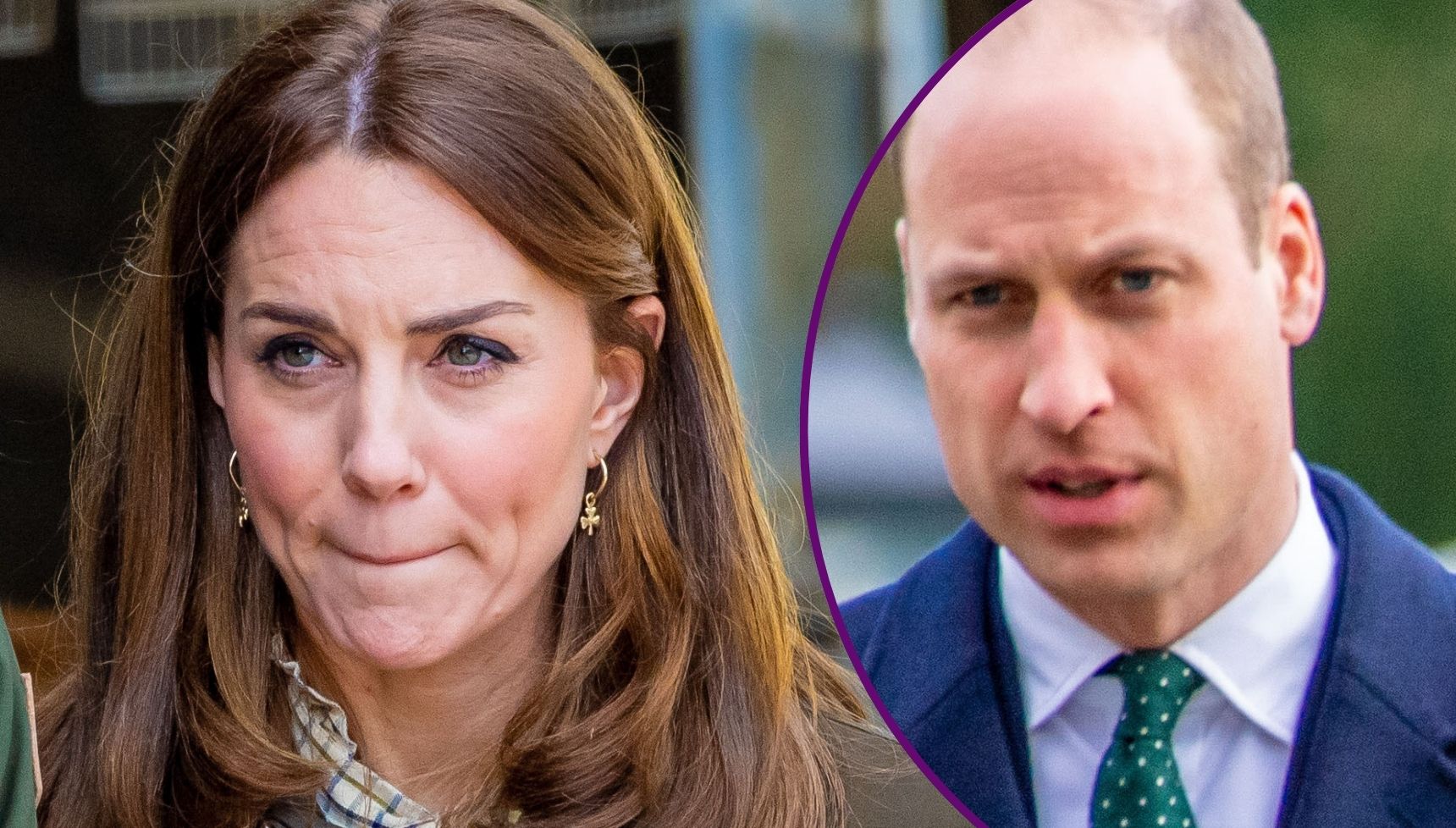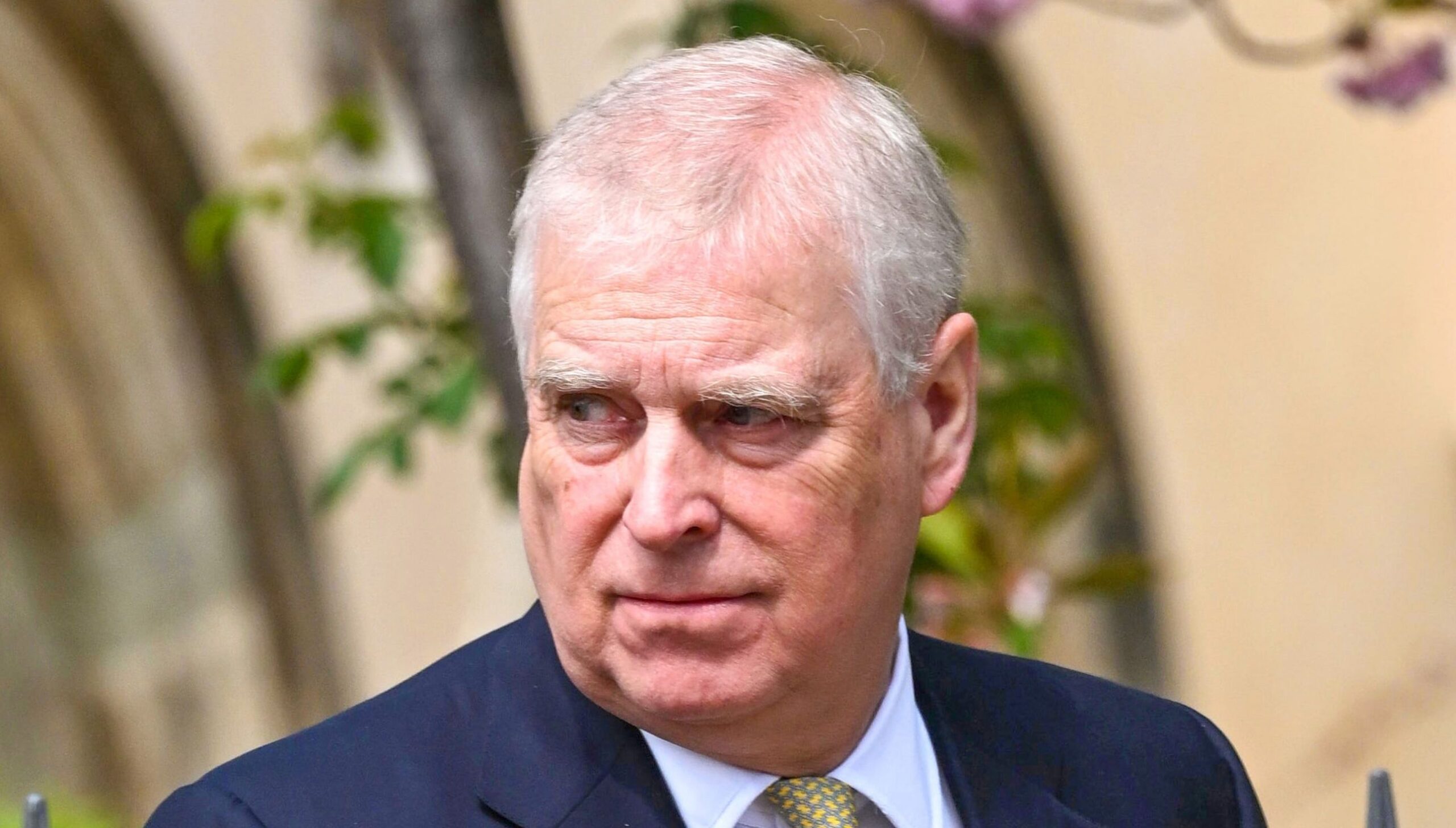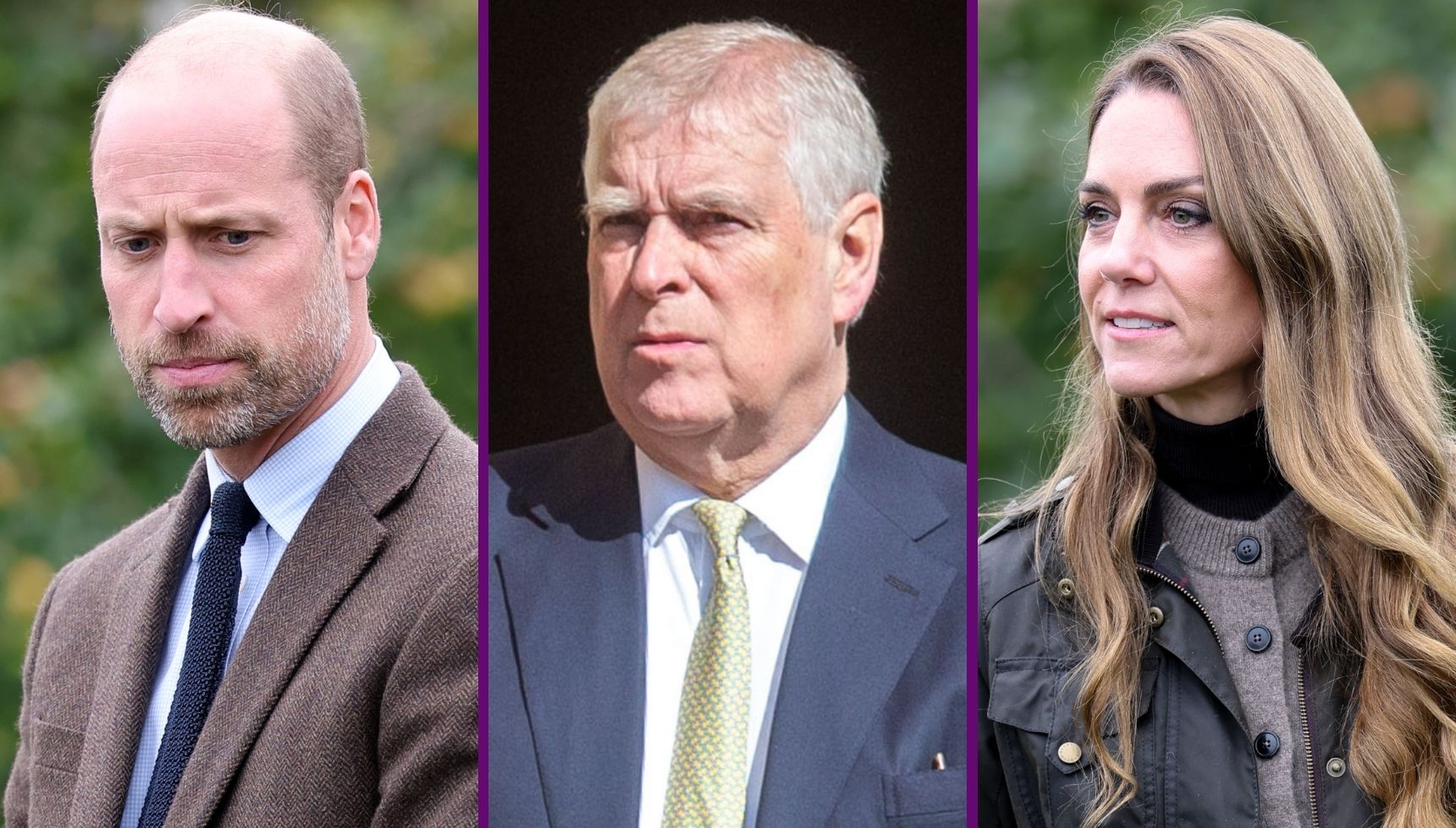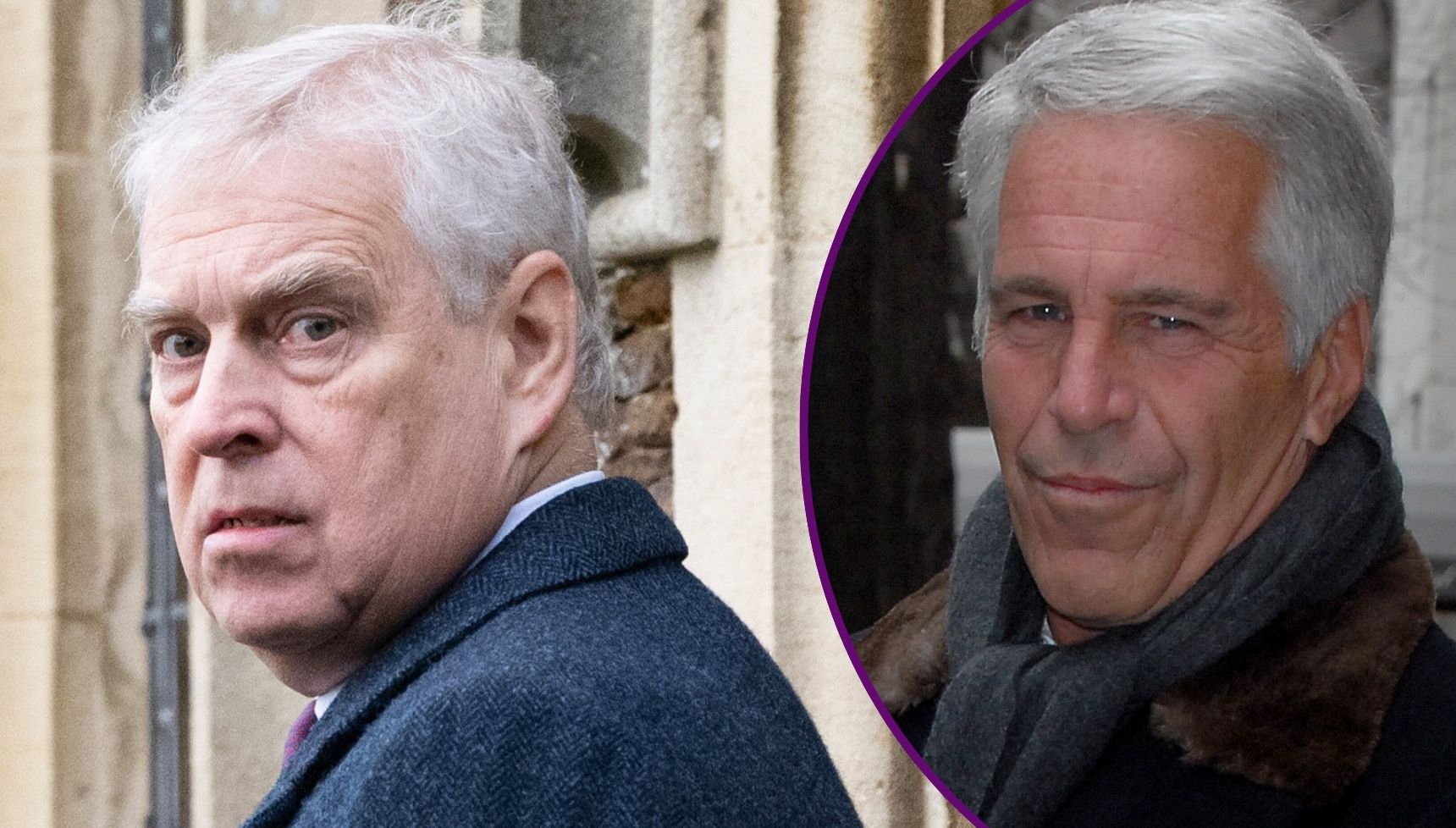King Charles' two-word response as he's confronted over royal family's cost to taxpayers
The royal family also generates money for the economy

King Charles was confronted with questions about how much the taxpayer pays for the royal family during a public walkabout in Newmarket, Suffolk, this week.
On July 22, during a visit with Queen Camilla, the monarch faced hecklers in the crowd who reportedly challenged the cost of the monarchy to British taxpayers.

King Charles questioned over taxpayer costs
As reported by PEOPLE, one man shouted: “Why does your family cost us half a billion pounds a year, Charles?”
King Charles, 76, paused briefly and simply replied, “Ah, yes,” before continuing his walk.
His composed response came as the cost of the monarchy remains an issue amid the UK’s ongoing cost-of-living crisis.
The moment, captured in a video shared by The National, has sparked renewed debate about royal spending.
Why does your family cost us half a billion pounds a year, Charles?
But the initial heckler wasn’t finished. As the king continued his walkabout, he was asked another pointed question.
“Why do you only pay your gardeners minimum wage?” the person asked.
The remark referenced a Sunday Times report alleging low pay and high staff turnover at Highgrove House, the king’s country residence. Charles did not respond to the comment.
Shortly after, a woman challenged him again: “Do you think it’s fair we pay £27 million a year from the Duchy of Lancaster?”
This refers to the profits from the Duchy of Lancaster, a private estate owned by the king, that supports the monarch. They are currently estimated to generate around £20 million ($27m) annually. Charles appeared to pause to listen, but did not give an audible reply.
Later, the original heckler called out more warmly: “God bless, Your Majesty.”

How much do British taxpayers pay for the royal family?
In 2022–2023, the Sovereign Grant, the annual taxpayer-funded payment from the UK Government to the royal household in support of the king’s official duties, remained at £86.3 million, or around £1.29 ($1.75) per person in the UK. The grant supports official royal duties, property maintenance, and staff.
However, reports suggest the monarchy actually costs taxpayers significantly more.
According to anti-monarchy group Republic last year, the real cost of the royal family may exceed £500 million ($676 million) annually, factoring in security, local government support, and the upkeep of royal estates not fully covered by the Sovereign Grant.
Meanwhile, according to pro-monarchy group the Monarchist League of Canada, ties to the royal family cost Canadians over CAD $58.7 million (£31.5m) in the 2019–20 fiscal year, roughly $1.55 per person, mostly covering travel expenses, historic property upkeep, and the Governor General’s office.
Meanwhile, Prince Harry’s legal fight to regain his taxpayer-funded UK police protection cost taxpayers over £656,000 ($887k).

How much does the royal family bring to the UK economy?
Supporters of the monarchy argue that the royal family generates substantial revenue through tourism, brand value, and international exposure.
The royal “brand” is estimated to be worth over £22 billion ($29b), with reports suggesting the monarchy contributes as much as £1.8 billion annually to the UK economy through tourism, merchandise, media, and charitable work.
Events like royal weddings, jubilees, and coronations historically generate economic boosts, particularly for the hospitality and tourism sectors.
Do the royal family pay tax on their income?
Yes, but it’s voluntary.
King Charles pays income tax and capital gains tax on his private income, following a precedent set by Queen Elizabeth II in 1992.
The same applies to Prince William, who now oversees the Duchy of Cornwall, which generates profits of around £23.6 million per year.
However, the Duchies of Lancaster and Cornwall, the royal estates that support the monarch and heir, are exempt from corporation tax as private estates.
Despite this, both Charles and William voluntarily pay income tax on the profits they receive from them.
Read more: Inside the monarchy – Does the royal family have any power or is it all for show?
What do you think? Leave us a comment on our Facebook page and let us know.
